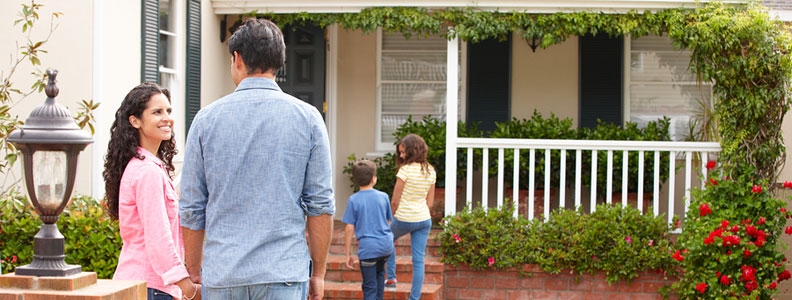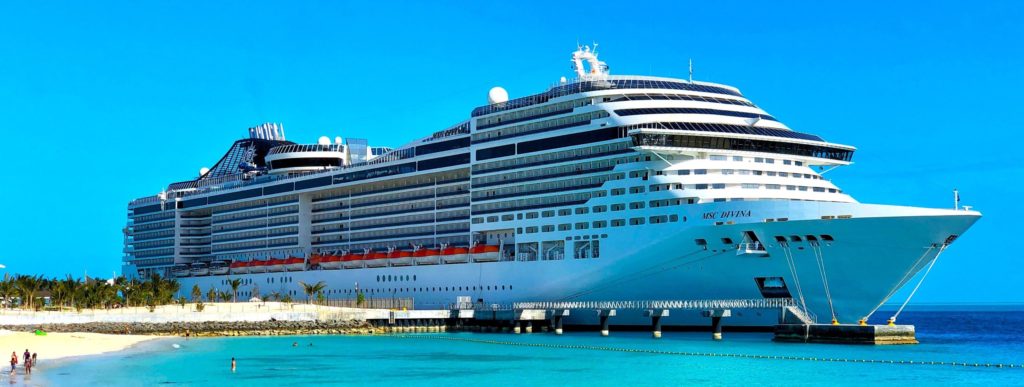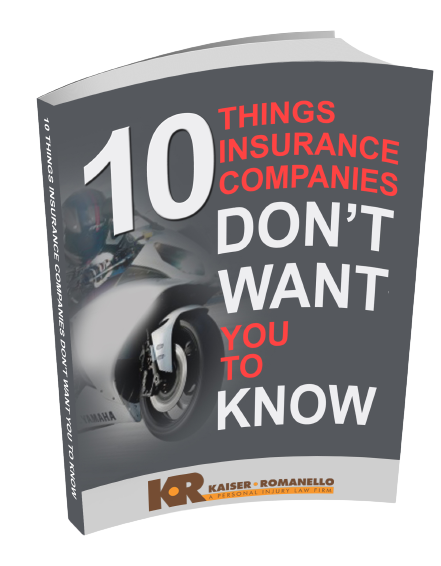Slip-and-falls, also known as “trip-and-falls,” are Injury Law lingo referring to cases where an individual slips, trips or, in some other way, stumbles and falls, resulting in injury to their person and/or possessions that is allegedly based on negligent conditions allowed to persist by the property owner. Oftentimes, slip and fall accidents are judged on a case-by-case basis, as many factors go into determining responsibility on the part of both defendant and plaintiff, and the resultant damages awarded.
So when is a slip-and-fall accident likely to result in financial compensation?
When the owner of the property had prior knowledge of dangerous conditions. If the owner/operator of the property where your slip-and-fall occurred both knew about the potentially dangerous conditions and failed to act upon their improvement for a significant amount of time, your accident could be ruled the result of negligence and would accordingly require financial compensation on the part of the defendant. Referred to in court as “constructive knowledge” or, alternately, “actual knowledge” or “constructive notice,” the longer the defendant had warning that he or she was allowing dangerous conditions to persist, the more likely your case is to win. This amount of time, as well as that of the expected improvements to be implemented, will vary according to the situation.
When a similar slip and fall accident has happened before. If a patch of black ice accumulates yearly on the doorstep of a business and several years back, a slip-and-fall accident occurred due to these conditions, a failure to predict the hazard coupled with past knowledge of danger can result in a payout for the plaintiff.
When the danger was not “open and obvious” to the defendant. Individuals are expected to undertake certain degrees of self-protection, including being as aware as possible of their surroundings at all times. A legal defense is provided by any obvious, clear warnings – such as signs or verbal notice – that attempted to alert the injured to their circumstances. Provisions should also be made to ensure these warnings are clear to Americans with disabilities. If there is a failure to do so, or if the warning is inadequately obvious, you may be entitled to compensation.
When the facts are undisputed. Although it is entirely possible to face a jury and prove, when the situation is initially unclear, that a 2nd party is at fault for your slip-and-fall related injury, clear-cut circumstances are the most likely to result in a summary judgment (when a judge determines that one party prevails prior to a trial, due to no dispute of the material facts). This is why it is important that, whenever possible, defendants or their family document the scene and ensure witnesses can truthfully testify before filing suit.
Questioning if your slip-and-fall injuries are resultant from one of the above circumstances? Call Kaiser Romanello, slip and fall accident attorneys in West Palm Beach, to determine the viability of your case.






